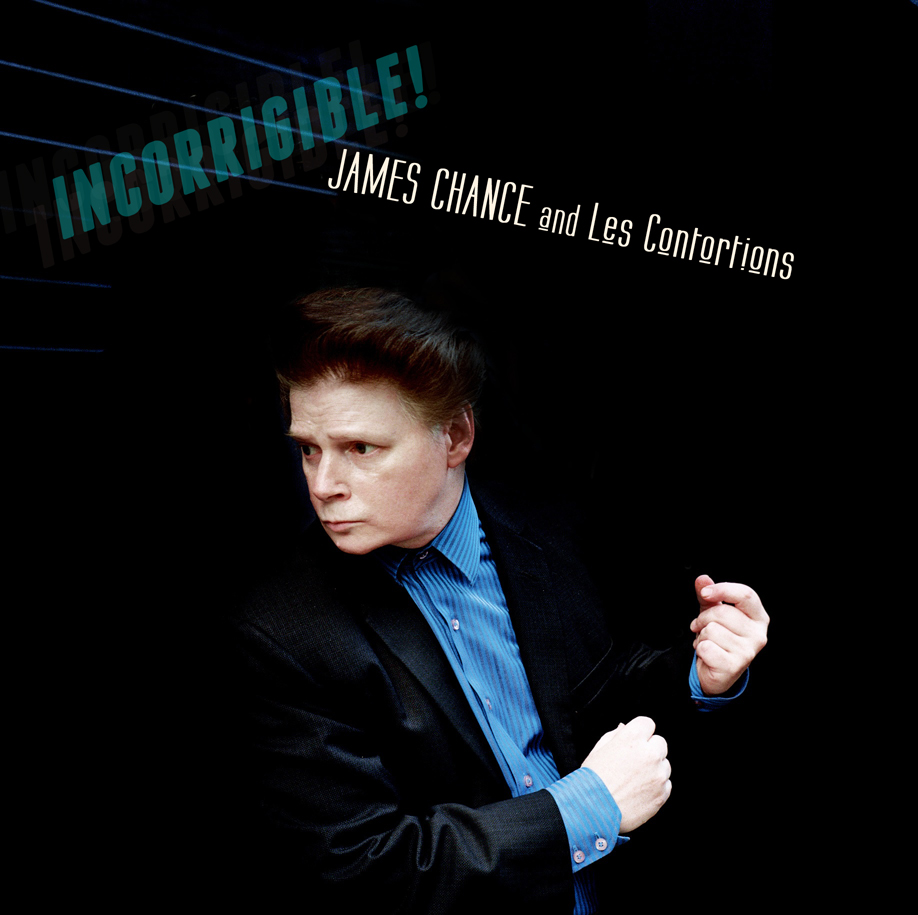Following his relocation to downtown NYC from his hometown Milwaukee in the mid-1970s, James Chance, aka James White, aka James Siegfried, set about making a name for himself in what became known as the No Wave Scene. He was a founder member of Teenage Jesus and the Jerks with Lydia Lunch, then formed The Contortions, who quickly became infamous for fiery live shows of Ornette Coleman meets James Brown free-jazz punk funk.
Chance always hated the too-cool-to-dance attitude of NYC hipsters, so it came as no surprise when his 1979 Off White album (recorded with Joseph Bowie who went on to form Defunkt) further explored the connection between the intense somatic nature of his music and the City’s flourishing and imaginative dance music scene. After a limited Japanese release, Melt Yourself Down, and 1983s Flaming Demonics, which was recorded during a brief relocation to Paris, Chance appeared to go on indefinite hiatus until reforming in 2001 and appearing in 2003 at the Matt Groening-curated All Tomorrow’s Parties in Long Beach.
Since then, Chance has been relatively busy. There have been a number of live and compilation releases, two excellent studio albums and collaborations with Acoustic Ladyland and most recently, Primal Scream. While 2010s noir-esque and atmospheric The Fix Is In, originally released in limited numbers in 2005 in Japan as Get Down And Dirty, explores the nexus between 40s and 50s R&B ‘blues shouters’ like Screaming Jay Hawkins and the work of jazz composers such as Charles Mingus and Duke Ellington, Incorrigible weaves all the threads of his career together. The result is an enormously enjoyable album of seven new Chance compositions and two incendiary covers – one being Gill Scott-Heron’s ‘Home is Where the Hatred Is’, and the other a deliriously infectious and wonderfully wild reinterpretation of the theme to HBO’s prison drama Oz.
Recorded with Les Contortions, his French backing band of the last seven years, Incorrigible has a warmth and spaciousness to its overall sound that’s a long way away from the shrill, claustrophobic vibe of The Contortions’ contribution to Eno’s No New York compilation. Frankly, it’s all the better for it. This is an accomplished recording, displaying a wide range of influences and registers which Chance consistently makes his own. The alto sax still hits those crazy heights and JC still plays the hammond-style keys like a funked-up Sun Ra but the baritone sax, trumpet and trombone in tracks like ‘Dislocation’ add a warm, almost Motown element to the already irresistible groove. ‘Pull The Plug’ is another of the up-tempo highlights, an infectiously repetitive bass line set against echoing guitar that ends in a squall of brass which simultaneously conjures up the aura of 20s big band jazz and 70s funk.
The album’s three slower numbers add a welcome variation of pace. The Gill Scott-Heron cover is a great choice, and Chance sings those words as if they were his own. In fact, it works as a great counterpart to the album’s best track, ‘Terminal City’, which adds bass clarinet and vibes to create a richly evocative film-noir atmosphere against which Chance’s words resound, so similar in sentiment to Scott-Heron’s own: "Don’t ever nod out on the night train/And wake up at the end of the line/The last stop is terminal city/And the vig’s due on your borrowed time." The vocals are strong throughout the album and especially here, where Chance proves he can yelp and holler along with the best of the old blues shouters. The band (by now well adjusted to Chance’s musical point-of-view by a number of touring engagements in Europe), are totally up for the task at hand and anyone who might in theory be missing the old Contortions line up, won’t be missing them for long.


